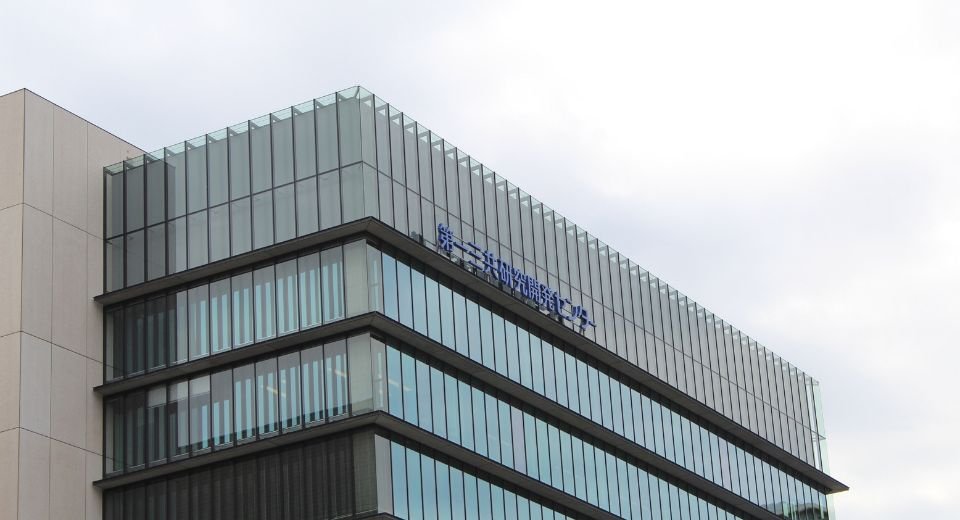HQ Team
January 28, 2025: Anglo-Swedish AstraZeneca Plc., and Japan’s Daiichi Sankyo’s therapy to treat a certain form of breast cancer has been approved by the US drug regulator in the adult population.
Enhertu (trastuzumab deruxtecan), is a HER2-directed therapy and antibody-drug conjugate and was approved by the Food and Drug Administration after end-stage data from a trial showed a 36% reduction in risk of disease progression or death.
The nod for the treatment of adult patients with metastatic hormone receptor (HR)-positive, following disease progression after one or more endocrine therapies, has been expanded to HER2-low or HER2-ultralow breast cancer.
Endocrine therapies are widely used in the early lines of treatment for HR-positive metastatic breast cancer.
However, after two lines of treatment, further efficacy from endocrine therapy is often limited. The current standard of care following endocrine therapy is chemotherapy.
Progression-free survival
During the end-stage trial, median progression-free survival was 13.2 months with Enhertu compared to 8.1 months with chemotherapy.
“The confirmed objective response rate in the overall trial population was 62.6% for Enhertu” compared to 34.4% for chemotherapy.
The treatment has been approved with boxed warnings for interstitial lung disease, pneumonitis and embryo-fetal toxicity.
“Endocrine therapy is typically used in the initial treatment of HR-positive metastatic breast cancer and following progression, subsequent chemotherapy is associated with poor outcomes,” said Aditya Bardia, MD, MPH, Program Director of Breast Oncology and Director of Translational Research Integration, UCLA Health Jonsson Comprehensive Cancer Center, US.
“With a median progression-free survival exceeding one year and a response rate of more than 60%, trastuzumab deruxtecan offers a potential new standard of care for patients with HR-positive, HER2-low or HER2-ultralow metastatic breast cancer following endocrine therapy,” Bardia, an investigator of the trial said.
Milestone payments
The drug was discovered by Daiichi Sankyo and is being jointly developed and commercialised by AstraZeneca and Daiichi Sankyo.
It is approved in more than 70 countries, including the US, for patients with HER2-low metastatic breast cancer who have received a prior systemic therapy.
“Building on the practice-changing previous approvals for Enhertu, this new approval brings this important medicine to an earlier treatment setting and a broader patient population with HER2 expressing metastatic breast cancer,” said Dave Fredrickson, Executive Vice President, Oncology Hematology Business Unit of AstraZeneca
Regulatory applications are under review in the EU, Japan and several other countries based on the trial data.
After the FDA approval in the US, an amount of $175m is due from AstraZeneca to Daiichi Sankyo as a milestone payment.
Majority are HR-positive
The milestone will be capitalised as an addition to the upfront payment made by AstraZeneca to Daiichi Sankyo in 2019 and subsequent capitalised milestones and will be amortised through the profit and loss statement.
HER2 is a tyrosine kinase receptor growth-promoting protein expressed on the surface of many types of tumours, including breast cancer.
Patients with high levels of HER2 expression are classified as HER2-positive and treated with HER2-directed therapies, representing approximately 15-20% of all breast cancers.
Historically, tumours that were not classified as HER2-positive were classified as HER2-negative. HR-positive and HER2-negative are the most common breast cancer subtypes, accounting for approximately 70% of all breast cancers.
It is estimated that up to 85-90% of tumours are historically classified as HR-positive, and HER2-negative may be HER2-low or HER2-ultralow.
